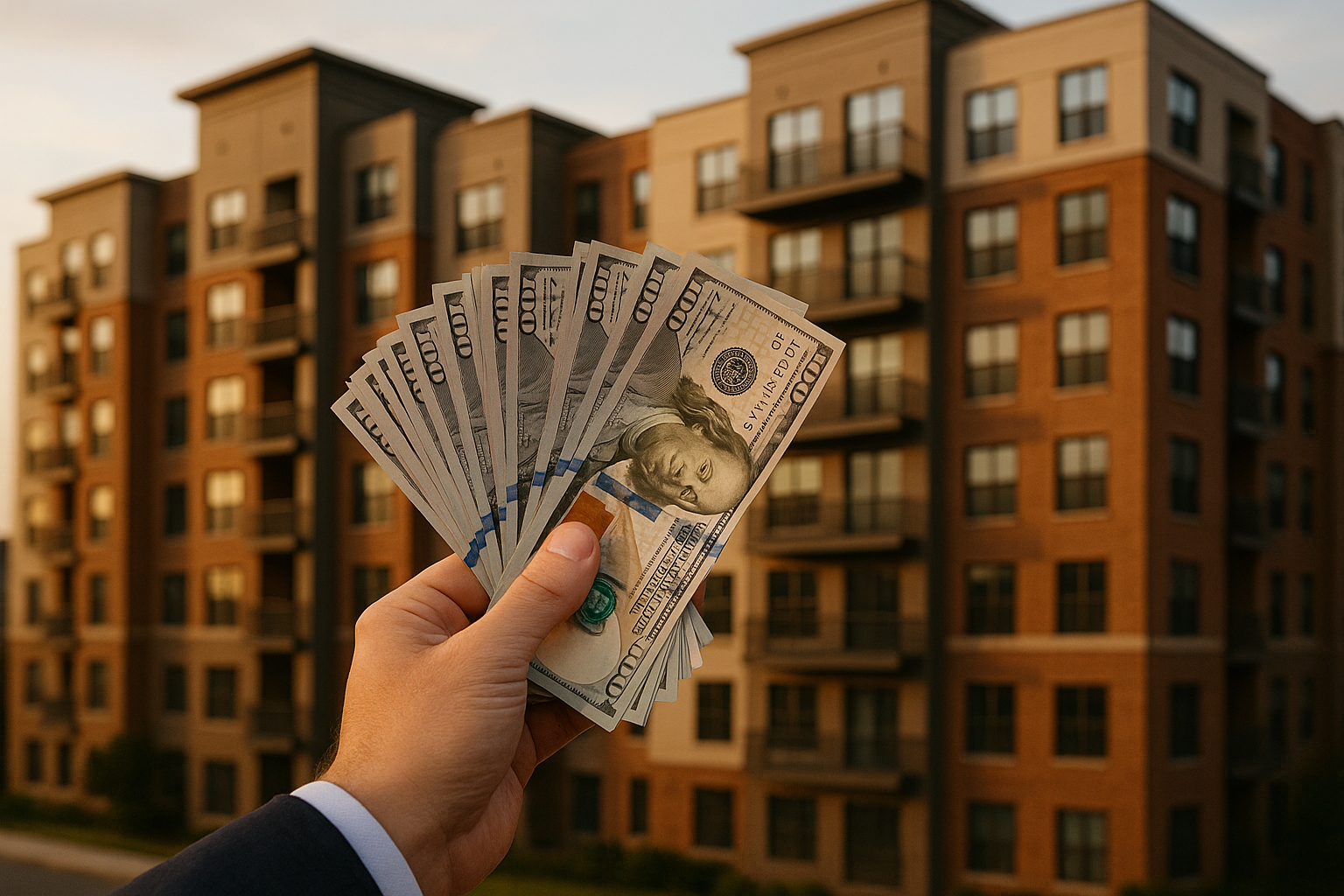Luxury Real Estate 2025: The Future of High-End Living and Property Investment
The luxury real estate market is undergoing a remarkable transformation as we move into 2025. With evolving buyer preferences, technological innovations, and shifting global economic dynamics, high-end properties are being redefined in ways that go beyond traditional opulence. Understanding these changes is essential for investors, buyers, and industry professionals looking to navigate this exclusive segment of the property market with confidence and strategic insight.

Luxury real estate has always represented more than just expensive properties. It embodies a lifestyle, an investment strategy, and a reflection of personal achievement. As we progress through 2025, the landscape of high-end real estate continues to evolve, shaped by technological advancements, environmental consciousness, and changing demographics. The market is witnessing unprecedented shifts in what buyers value, where they choose to invest, and how properties are designed and marketed.
What Defines Luxury Real Estate in 2025?
The definition of luxury real estate has expanded significantly beyond square footage and prime locations. In 2025, luxury properties are characterized by smart home integration, sustainable building practices, and personalized amenities that cater to individual lifestyles. High-end buyers now prioritize wellness features such as home gyms, spa facilities, and air purification systems. Privacy and security have become paramount, with advanced surveillance systems and gated communities offering peace of mind. Additionally, properties with dedicated home offices, entertainment spaces, and outdoor living areas have gained tremendous value as remote work and lifestyle flexibility continue to influence buyer decisions. Architectural uniqueness, historical significance, and access to exclusive services also distinguish truly luxurious properties from merely expensive ones.
What Factors Influence Luxury Property Value?
Several interconnected factors determine the value of luxury real estate in today’s market. Location remains fundamental, with properties in established affluent neighborhoods, waterfront areas, and cultural hubs commanding premium prices. The quality of construction, including materials used and craftsmanship, significantly impacts valuation. Proximity to amenities such as private schools, golf courses, marinas, and shopping districts adds considerable value. Market conditions, including supply and demand dynamics in specific regions, play a crucial role in pricing fluctuations. Economic indicators such as interest rates, currency strength, and stock market performance affect buyer purchasing power and investment decisions. Unique property features, including views, land size, and architectural pedigree, create differentiation in the market. Regulatory factors, including taxation policies and foreign ownership restrictions, also influence property values across different jurisdictions.
The Emerging Trends Shaping Luxury Real Estate in 2025
The luxury real estate sector is experiencing several transformative trends that are reshaping buyer expectations and property development. Sustainability has moved from a nice-to-have feature to a fundamental requirement, with eco-friendly materials, solar panels, and energy-efficient systems becoming standard in high-end properties. Wellness-oriented design incorporating biophilic elements, natural lighting, and health-focused amenities is increasingly prevalent. Technology integration extends beyond smart thermostats to include artificial intelligence-powered home management systems, virtual reality property tours, and blockchain-based transaction processes. Multi-generational living spaces that accommodate extended families while maintaining privacy are gaining popularity. Urban luxury properties are incorporating resort-style amenities, while rural estates are offering farm-to-table experiences and nature immersion. The concept of fractional ownership and luxury property clubs is expanding, allowing buyers to access multiple properties without full ownership commitments.
Global Market Outlook: Where Is Luxury Real Estate Headed?
The global luxury real estate market is experiencing diverse trajectories across different regions. Traditional strongholds such as London, New York, and Hong Kong continue to attract international buyers despite economic uncertainties. Emerging markets in Southeast Asia, the Middle East, and select Latin American cities are capturing attention with new developments and favorable investment climates. Secondary cities offering quality of life, lower taxation, and cultural richness are increasingly competing with primary metropolitan areas. Climate considerations are influencing location preferences, with buyers avoiding areas prone to extreme weather events and seeking regions with stable, pleasant climates. The rise of digital nomadism and location-independent wealth is creating demand in previously overlooked destinations that offer connectivity, safety, and lifestyle appeal. Currency fluctuations and geopolitical stability remain critical factors in cross-border luxury property investments.
Why Luxury Real Estate Is a Smart Investment in 2025
Luxury real estate continues to represent a compelling investment opportunity for several strategic reasons. High-end properties typically demonstrate greater price stability during economic downturns compared to mid-market real estate, as affluent buyers maintain purchasing power regardless of broader economic conditions. Luxury properties often generate strong rental yields in desirable locations, particularly for short-term luxury vacation rentals. The limited supply of truly exceptional properties in prime locations creates scarcity value that appreciates over time. Diversification benefits make luxury real estate an attractive addition to investment portfolios dominated by stocks and bonds. Tax advantages, including depreciation benefits and capital gains treatment, enhance investment returns in many jurisdictions. The tangible nature of real estate provides psychological comfort compared to paper assets, while also offering personal use benefits. Legacy wealth preservation through generational property transfers remains a significant motivation for luxury real estate investment.
The luxury real estate market in 2025 represents a dynamic intersection of traditional wealth preservation and modern lifestyle aspirations. As buyer preferences continue to evolve and new technologies reshape how properties are designed, marketed, and transacted, the sector demonstrates remarkable resilience and adaptability. Whether viewed as a primary residence, investment vehicle, or legacy asset, luxury real estate offers unique opportunities for those who understand its complexities and approach it with informed strategy. The future of high-end living promises continued innovation, sustainability integration, and personalized experiences that redefine what it means to own exceptional property.




